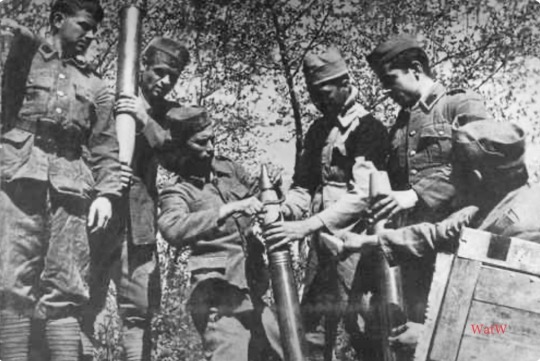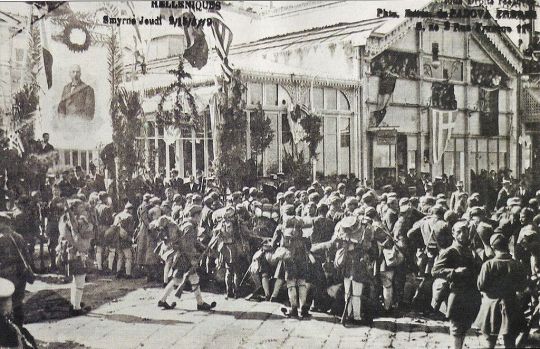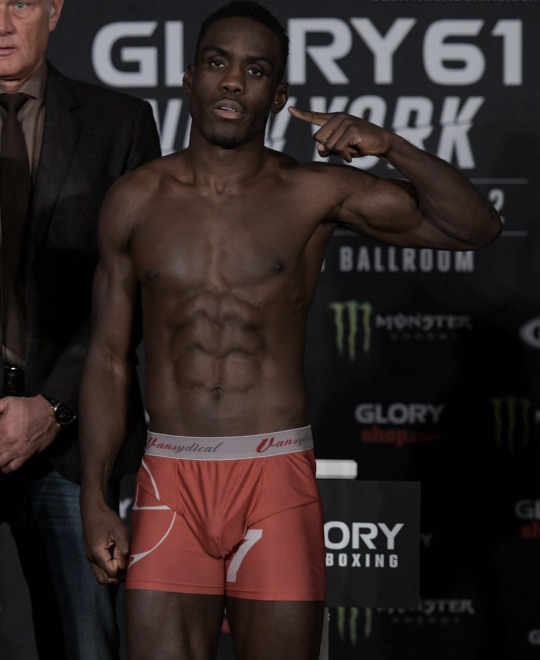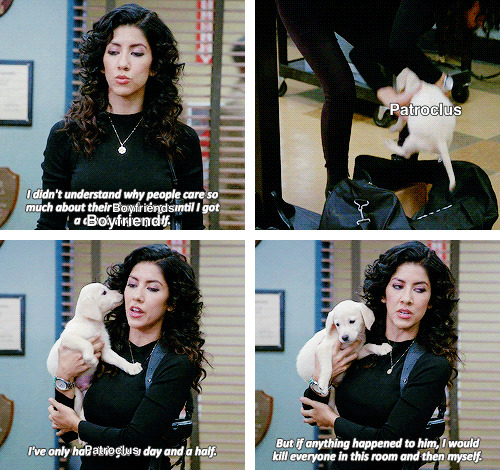#greek army
Text

#soldier#soldiers#greek army#Greece#army life#greek soldiers#uniform#army uniform#military#handsome#brave#warriors
957 notes
·
View notes
Text

#soldier#soldiers#greek army#Greece#army life#greek soldiers#uniform#army uniform#military#handsome#brave#warriors
61 notes
·
View notes
Text

Greek soldiers prepare shells for their artillery to target enemy positions - circa 1941, location unknown
#world war two#1940s#worldwar2photos#history#ww2#wwii#ww2 history#wwii era#world war 2#ww2history#greece#1941#Greek#Greek army#artillery
43 notes
·
View notes
Text
One of my favorite simple details on The Iliad is the reiteration of “ and the achaeans would have entered in Troy, if it wasn’t for ....”
Reading that phrase over and over anytime the trojans are helped by a deity or one of their heroes does something cool helps the reader connect with the frustration that the greeks are feeling.
13 notes
·
View notes
Text

Day 23: Fav costume
My favourite costumes, I think, were the uniforms worn by the Greek soldiers. Utilitarian, cohesive, and easily recognisable, they felt the most well-placed outfits for me.
We also got to see how each soldier adjusted their uniform, fitting with their personality. Top buttons undone, shirts removed for sparring practice, untucked vs tucked shirts, their let's face it, they were leg warmers and how far up they were pulled.
There was a discussion between fans regarding symbols that Laocoön would sometimes draw on the soldiers as he prophesised their arrival. People were wondering what those symbols represented. We knew which was referring to which soldier, as Laocoön would mark Agamemnon and Patroclus in the method in which they died. A head wound for Agamemnon, a heart wound for Patroclus. But why the symbols?
It was then that we spotted that each soldier had the same symbol on their coats. An insignia determining their rank. The details that, not only the costume design had put in, but that the performers picked up on and reflected across other roles, was always so stunning.
One of my favourite quiet but desperately emotional moments of the show was when Milton Lopes as Watchman (the only Watchman to wear a significantly different uniform to the rest of the soldiers, a boiler suit instead of the trousers, shirt, and braces,) returned to Mycenae after the invasion, and in the secrecy of the crate room, tried on one of their coats to see how it would feel to be considered a real soldier.
As he would button the coat (and in summer months, one of the shirts instead of the heavy wool coat) Watchman would catch sight of his hand in the mirror, stop in the sad realisation that he would never be like them, and slowly remove the coat again.
This was a scene that only Milton ever did, and his use of his symbrachydactyly to highlight Watchman's emotional story and his desperation to be considered the same as the other soldiers, was just beautifully devastating. That a performer was able to showcase their own takes on the stories of these characters, whether that be through limb difference, gender difference, or something else, was what made these characters so fascinating and watchable again and again.
I personally preferred Milton's Watchman and the female watchmen to the male watchmen. All of the performers were exceptionally talented and did the role justice, but I always found more story in the watchmen where there was something separating them from the other soldiers in the Greek army.
Also, I would like to give a costume shout out to Askalaphos - purely for a single instance in which I was watching Timothy Bartlett play the role, and his neon collar was not lit. He was behind the counter, and the radio was silent and not working. Tim, in a strange and wonderful performance I came to associate with him, panicked and began hitting the radio, trying to make it work. Nothing he did was having any effect. He followed the cable down the wall, disappearing underneath the counter. He clearly found the plug was unplugged from the wall, and plugged it in. The radio sprang to life, and as Tim stood up, so proud of himself for fixing the radio, his neon collar was also lit up.
It was such a perfectly weird and delightful use of his costuming to accentuate what was already a wonderful performance.
#the burnt city#punchdrunk#immersive theatre#greek mythology#greek myth retelling#tbc 30 day challenge#Costumes#Greek Soldiers#greek army#army uniform
2 notes
·
View notes
Link
n this documentary episode we explore the Greco-Persian wars to understand why the Persians failed to conquer Greece. The video begins with a historical overview of the Achaemenid Persian Empire and then an analysis of the Ionian Revolt which led to war. We then look at what the Persian army of Darius and Xerxes wished to achieve and see to what extent these objectives were met. This includes looking at the Battle of Marathon, Thermopylae, Salamis, Mykale, and more which featured Greek armies of Athens, Sparta and more.
#grecopersianwars#greco persian wars#greco-persian wars#greece#greek history#persian history#ancient history#Achaemenid Persian Empire#mellothanato#morhistory#morhellenomania#hellenomania#darius#xerxes#greek army#history
6 notes
·
View notes
Text
1919-Greek landing at Smyrna



The Greek landing at Smyrna (Greek: Ελληνική απόβαση στη Σμύρνη; Turkish: İzmir'in İşgali, Occupation of İzmir) was a military operation by Greek forces starting on May 15, 1919 which involved landing troops in the city of Smyrna and surrounding areas.
0 notes
Text
I am an Ares stan, of course I am spontaneous and hotheaded!
I am an Ares stan, of course I believe he is underrated!
I am an Ares stan, of course I belive in feminism!
I am an Ares stan, of course I always condemn anyone who talks bad about him without even studying greek mythology!
I am an Ares stan, of course I hate Lore Olympus, and every modern representation that makes him look like an ass!
I am an Ares stan, of course I am Ares' Army!
I am an Ares stan, of course I stan and respect Aphrodite equally!
I am an Ares stan, of course fighting for what I love is what I do best!
#greek mythology#greek gods#incorrect greek mythology#ares#ares greek mythology#ares greek god#on this blog we love ares#Ares' Army
95 notes
·
View notes
Text
I was king Arthur and I was fighting the Greek with the Turkish army.
2K notes
·
View notes
Text
saying it right now if you think that the TA killing people was ‘murdering innocents’ then you also have to realise that that also means that Percy and Beckendorf blowing up the Andromeda (which canonically had children on it) was also killing innocents.
#“But he told them to get off” AND GO WHERE??? THE FUCKING OCEAN???#Idk if you know this but explosions are pretty big#And Greek fire does burn in water#“But Poseidon said there wasn’t too many casualties” he’s a god and he probably doesn’t care about the people in the TA#Not a lot of casualties could mean anything from 10 - 10000 for a god#His opinion doesn’t matter#pjo#percy jackon and the olympians#percy jackson#luke castellan#titan army#the last olympian#tlo
63 notes
·
View notes
Text
Ancient Greek Word of the Day
ὄνειρος | oneiros (from Proto-Indo-European *h₃nōr-yo-) — a dream or anything that seems surreal or dreamlike; a prophetic vision or experience indicating divine intervention; a perception that appears shadowy, faint or fleeting.
#wotd#word of the day#ancient greek word of the day#ancient greece#ancient greek#classics#classical language#greeks often believed that dreams could carry prophetic message from the gods#my favourite is xenophon having a dream of a thunderbolt striking his father's house after the battle of cunaxa#and interpreting it as a sign from zeus that he should take command of the leaderless greek army
93 notes
·
View notes
Text
#greece#greek army#soldier#uniform#army life#army uniform#greek soldiers#handsome#military#brave#slidis
264 notes
·
View notes
Text

#soldier#soldiers#greek army#Greece#army life#greek soldiers#uniform#army uniform#military#handsome#brave#warriors
52 notes
·
View notes
Text
Achilles:

#achilles and patroclus#patrochilles#tsoa#the song of achilles#incorrect tsoa quotes#achilles x patroclus#the iliad#I’d say it’s been more than a day and a half tho#Everyone in the room is like the entire Greek army and also hector Paris and Priam
238 notes
·
View notes
Text

Alexander The Great Refusing Water In The Desert
by Tom Lovell
#alexander the great#art#tom lovell#alexander#desert#macedonian#army#history#antiquity#ancient greece#ancient greek#conquest#europe#european#ancient macedonia#macedonia
271 notes
·
View notes
Text
if i can get even one person to listen to The Mechanisms i would have fulfilled my purpose
#Do you want a tragic adaptation of greek mythology featuring genderless Ulysses (Odysses) as a weary soldier completely grief stricken by#The war crimes they committed? Ulysses dies at dawn got you complete with anticapitalist messages all sung in a cyperpunk blues world#Do you want grim dark tragic fairy tale adaptation with lesbian Cinderella desperately looking for her war criminal wife#Who was kidnapped by an evil space emperor to create army of clone soldiers and is opposed by said wife's sister who is Snow White?#Once Upon A Time (in Space) got you covered#Do you want Arthurian legend figures in Wild West in Space setting where Arthur Guinevere and Lancelot are healthy poly couple and#Mordred is a sympathetic trans man with a 'Love was there but it couldnt save anyone' style story? High Noon Over Camelot#Do you want Norse Mythology in a style of Train Murder mystery with a horrifying twist#Lesbian morally grey Loki and her morally grey wife Sigyn? The Bifrost Incident#They are all in space and are tragedies and fuck severely#the mechanisms#once upon a time (in space)#ulysses dies at dawn#high noon over camelot#the bifrost incident#Listen in that order#for reasons#I havent even talked about Frankenstein or Alice or Hereward the Wake or Redeath#empty thoughts#edit: Yes i am pinning this post what about it?
114 notes
·
View notes